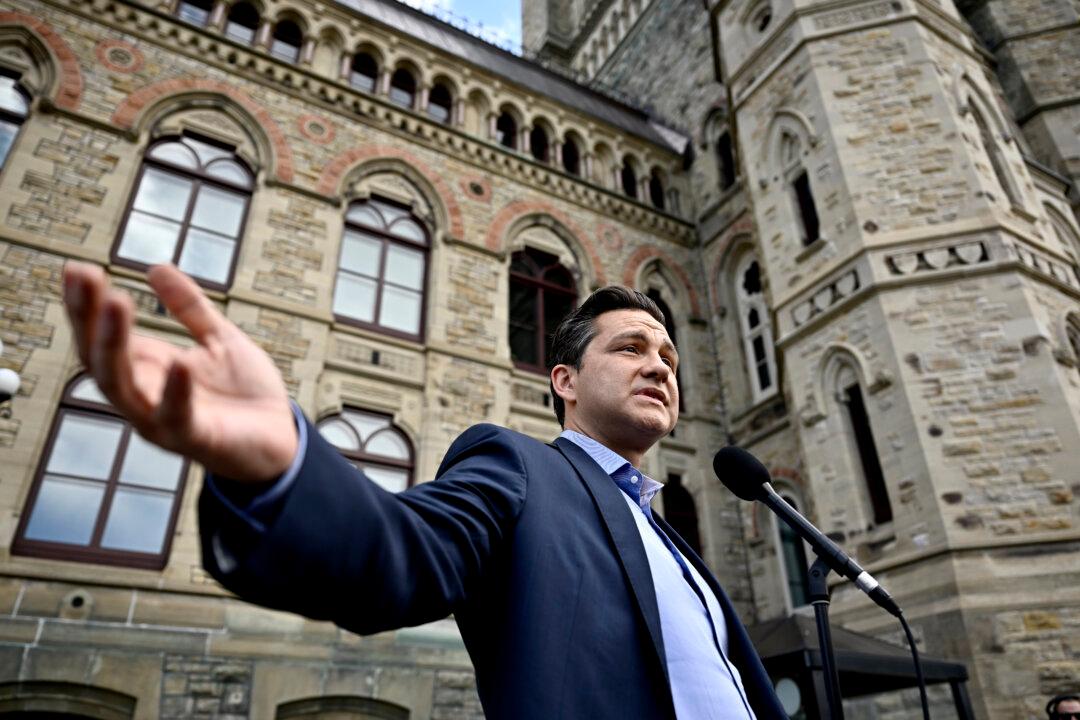Conservative Party Leader Pierre Poilievre has repeatedly given the example of someone living in their parents’ basement to illustrate how unaffordable housing has become in Canada. He now says things are so dire, the whole family could get evicted.
“I used to say there were 35-year-olds living in their parents’ basements and people were shocked to hear that. Now, it’s much worse,” Mr. Poilievre told reporters in Ottawa on Aug. 1.





